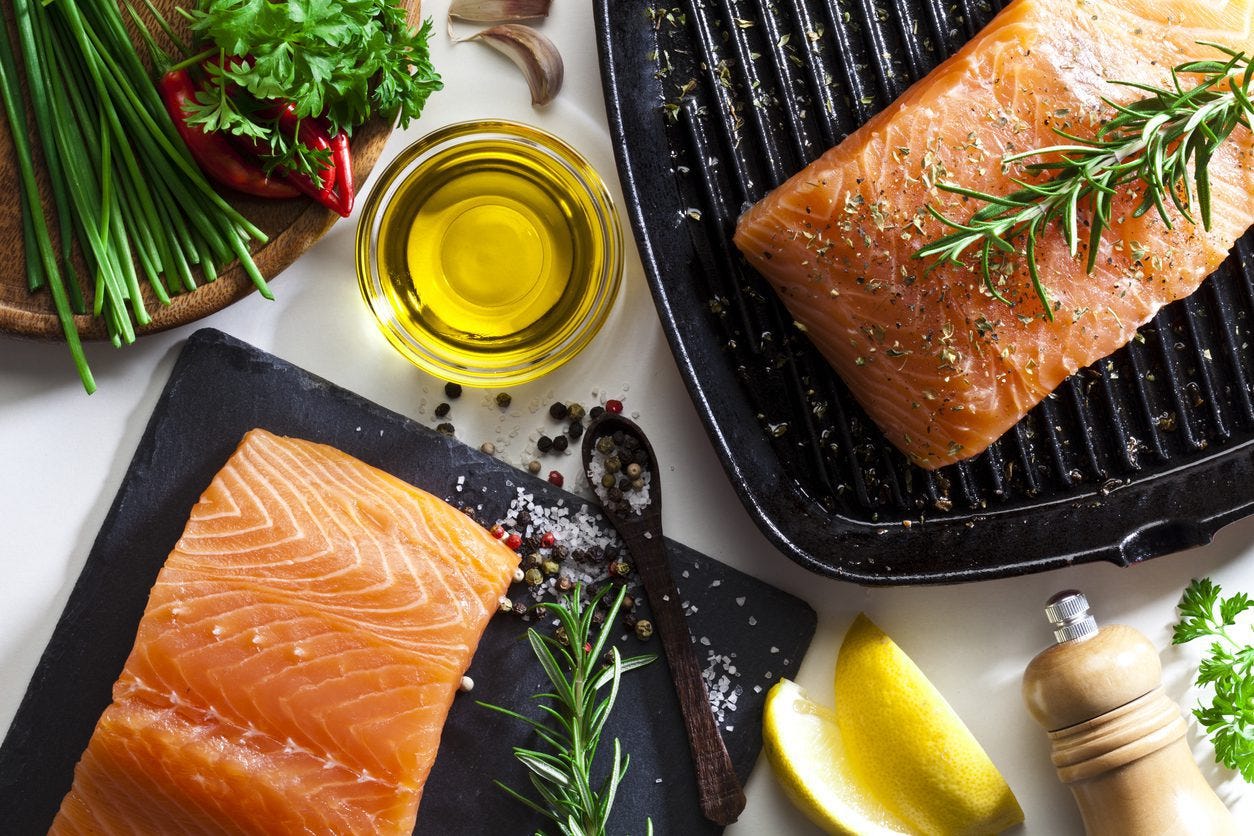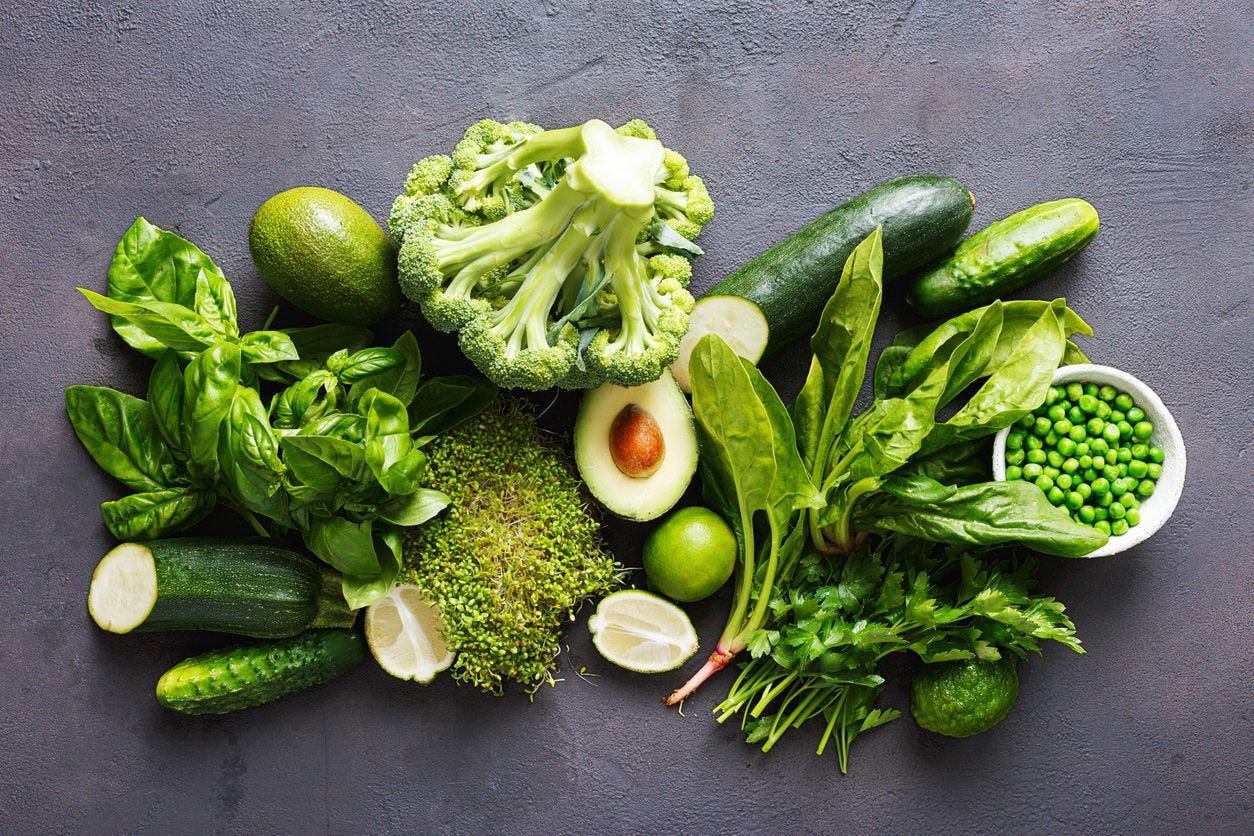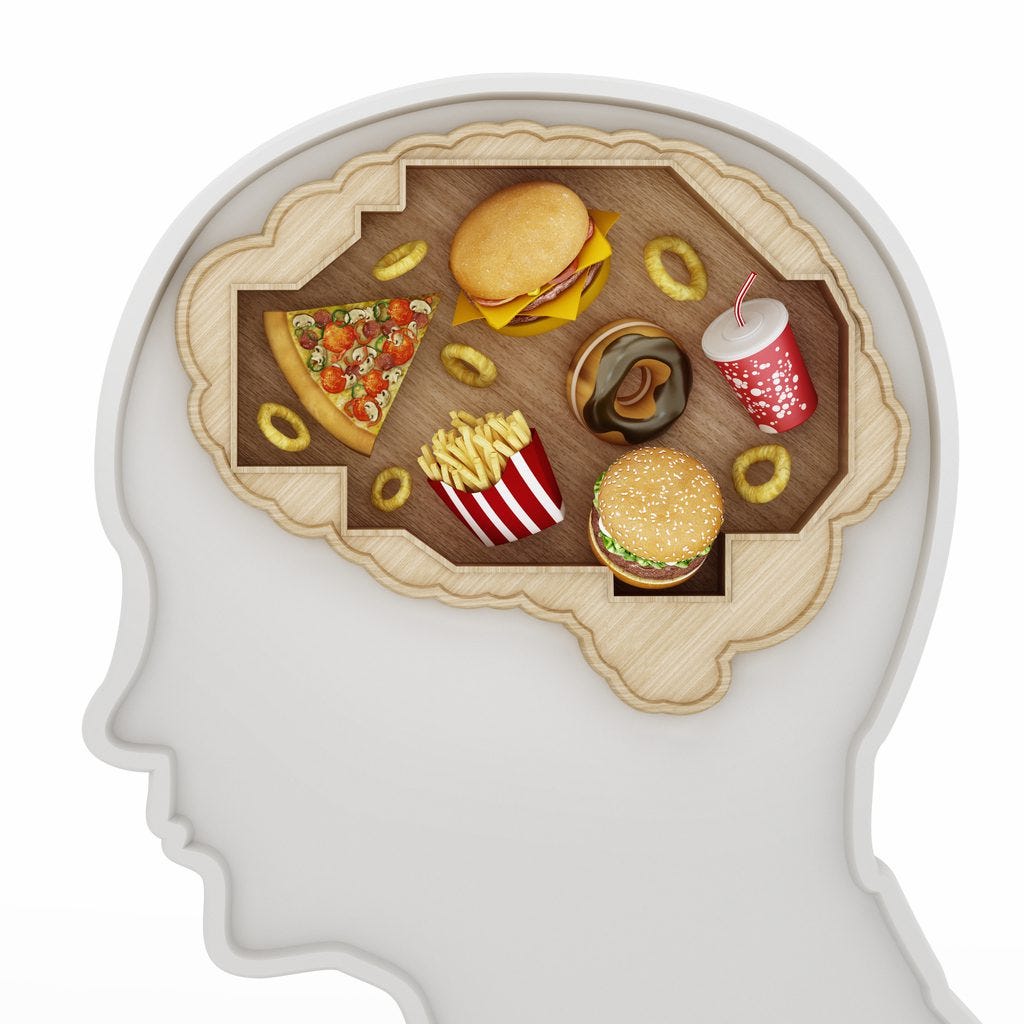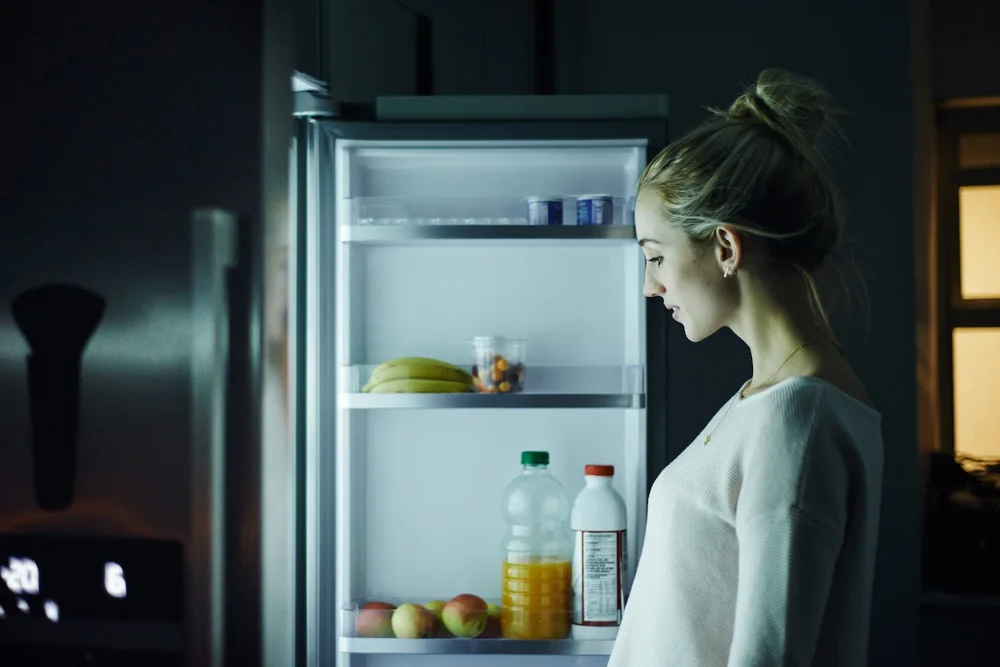Here Are Some of the Best Foods for Sleep
What keeps you up at night?
The list of reasons why people miss out on a good night’s sleep is extensive.
According to the Institute of Medicine (US) Committee on Sleep Medicine and Research, as many as 70 million Americans have ongoing sleep problems that interfere with their daily functioning.
High-quality sleep is essential to wellness. If you aren’t getting the recommended 7 to 9 hours of sleep each night, you’re setting yourself up for a host of physical and mental issues.
If you have problems falling asleep at night, a proper diet may help you achieve restful sleep.
Top Foods That Can Improve Your Sleep
Tryptophan-rich Foods
The human brain naturally produces a soothing neurotransmitter called serotonin, mostly from the amino acid tryptophan that is derived from dietary proteins. Serotonin plays many important roles in the brain’s biochemistry and is intimately involved in maintaining an upbeat mood, boosting self-confidence, sustaining the body’s 24-hour circadian rhythms, and facilitating sustained and deep sleep.

- Spirulina
- Seeds (especially pumpkin)
- Squash
- Chia
- Watermelon
- Grass-fed meats (beef, lamb, goat)
- Free-range poultry (chicken, turkey, duck)
- Wild-caught salmon and tuna
- Peas and beans (not canned)
- Tofu, tempeh, tahini, natto
- Edamame
- Eggs (especially the whites)
- Spinach
Magnesium-rich Foods
Magnesium is a mineral nutrient essential for over 300 enzymes and is fundamental to your health. Magnesium helps promote memory, positivity and quality sleep.

GABA-rich Foods
The neurotransmitter most associated with calming effects in the brain is GABA (technically Gamma-AminoButyric Acid). Clinical research suggests taking GABA by mouth can help cope with stress, improve mood, and generally have calming effects. Also, GABA has mild relaxation properties that can support a balanced mood and restful sleep.
GABA is naturally found in many teas, such as black, green and oolong teas. It can also be found in fermented foods including yogurt, kefir, and tempeh. Other foods that may contain GABA (or boost its production in the body) include fava, lentils, beans, nuts and seeds, fish, broccoli, spinach, and berries.
Sleep Stealing Foods

Foods to Avoid for Better Sleep:
- Caffeine
- Alcohol
- Sugar
- Breads
- Pasta
- Potatoes
- White Rice
As with any changes in diet, it’s important to introduce new foods gradually to allow your body to adjust to a new routine and ensure that you don’t have any food allergies. You will be amazed at the abundance of energy and the lifted moods these healthful foods will provide.
Remember, fuel your brain with these key foods to reduce stress, improve mood and increase your chances of getting a great night’s sleep!
At BrainMD, we’re dedicated to providing the highest purity nutrients to improve your physical health and overall well-being. For more information about our sleep products and our full list of supplements, please visit us at BrainMD.
- This Is What You Need to Know About HBOT
Medically Reviewed by Dr. Nicole Avena - April 22, 2024 - Hormone Changes in Men: How to Know If You Have Low Testosterone! - April 15, 2024
- This Is What You Need to Know About EMDR Therapy! - April 11, 2024



